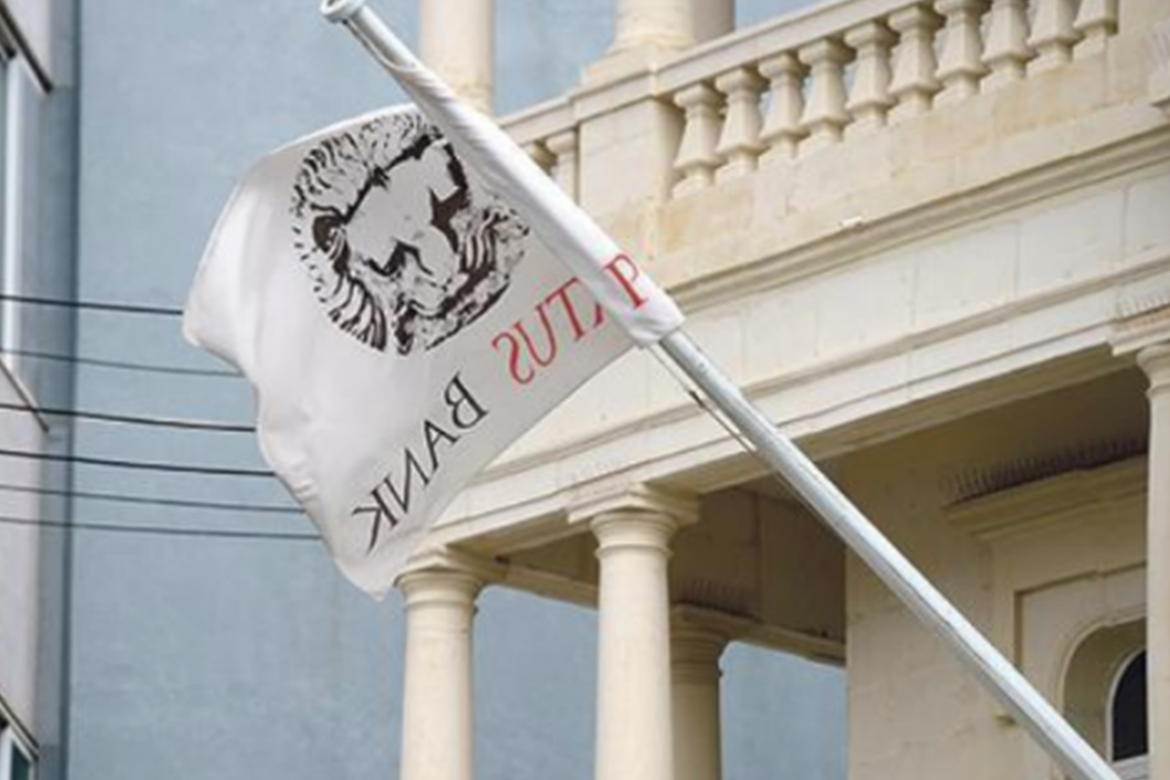The European Central Bank made a preliminary decision to revoke the license of Pilatus Bank in Malta after its Chairman was charged with money laundering.
The ECB Supervisory Board has already agreed to revoke the Bank’s license, one of the ECB representatives told Reuters, but the decision will be completed only after resolving some legal issues. The second source of the ECB confirmed that the process of revocation of the license from the Bank continues. According to him, some legal obstacles have not yet been overcome.
None of the sources explained that the legal issues faced by the ECB to revoke the license from Pilatus Bank. This step was taken for granted by many observers after the Malta financial services authority (MFSA) recommended that the Bank be disbarred in June. In September, the European banking authority (EBA) supported the proposal.
Reuters tried to contact the Bank Pilatus a few times, but journalists are unable to talk to a representative of the Bank. The ECB spokesman declined to comment.
The investigation into the case of the Bank started after the murder of Maltese journalist Caruana Galicia in October 2017. According to the murdered journalist, in the safe of the Bank kept the trust Declaration, which confirmed that part of the offshore company Grant Inc. belongs to the wife of the Prime Minister of Malta Michel Muscat. Safe installed in the kitchen, as by law in the kitchen of the Bank could not install CCTV cameras. This allowed you to put in the safe anything so that it was not recorded on video.
The Maltese took no action until Bank owner Ali Sadr Hashemi Nejad was arrested in the US in March of this year on charges of money laundering and sanctions violations. Following the arrest, the Maltese Department of financial services has frozen the assets of the Bank and recommended to deny the license.
In recent months, the EU is reeling from the point of view of corruption in the banking sector: it is enough to recall the case of Danske Bank and ABLV in Latvia.




